David Wessel, senior fellow and director of the Hutchins Center on Fiscal and Monetary Policy, looks at Hillary Clinton’s and Donald Trump’s different approaches to policy issues including taxes, family leave, and trade.
“Hilary Clinton believes that the gap between the rich and poor, between the winners and losers in our economy has gotten too big and she wants to use the tax system to reduce that inequality, not eliminate it but restrain what the market is doing to produce this big inequality gap,” Wessel says. “Donald Trump doesn’t seem to think that’s very important; his tax policy… would actually widen the gap between rich and poor.”
Also in this episode, John Hudak, deputy director of the Center for Effective Public Management and a senior fellow in Governance Studies, provides a general election update and discusses the upcoming first presidential debate.
Finally, Bill Finan interviews John Bessler, professor of Law at the University of Baltimore School of Law and an adjunct professor at the Georgetown University Law Center, who edited the new Brookings volume, “Against the Death Penalty,” which offers Supreme Court Justice Stephen Breyer’s passionate dissent in a 2015 death penalty case.
Show notes:
What would Clintonomics bring? Breaking down Hillary Clinton’s economic policy
With little fanfare, the 2016 campaign is producing a serious tax debate
How demographic changes are transforming U.S. elections
Thanks to audio producer Gaston Reboredo and producer Vanessa Sauter, and also thanks for additional support from Eric Abalahin, Jessica Pavone, Nawal Atallah, Basseem Maleki, and Rebecca Viser.
Subscribe to the Brookings Cafeteria on iTunes, listen in all the usual places, and send feedback email to [email protected].
The Brookings Institution is committed to quality, independence, and impact.
We are supported by a diverse array of funders. In line with our values and policies, each Brookings publication represents the sole views of its author(s).

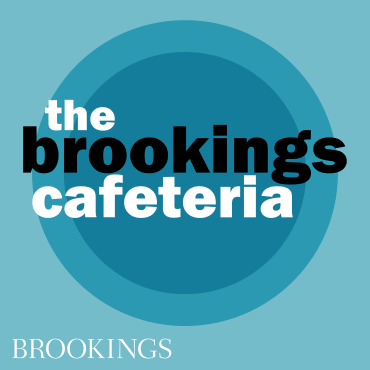
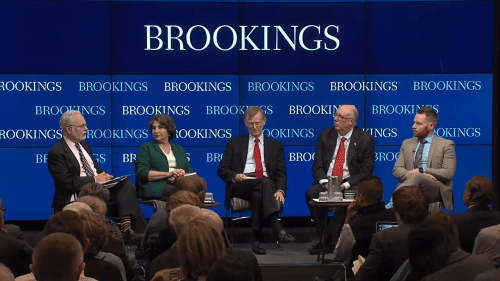
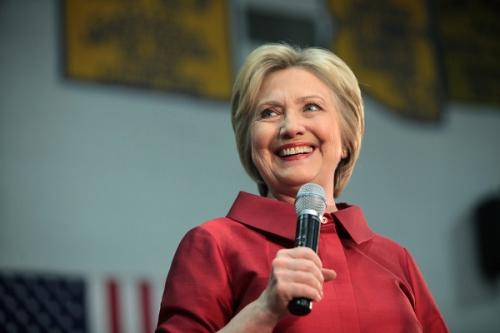
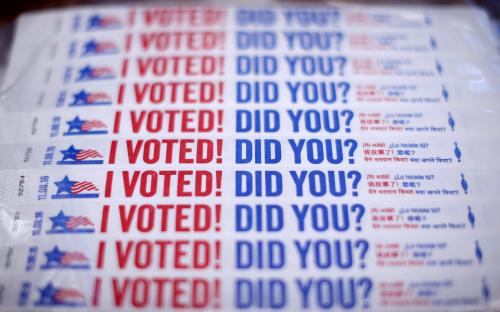
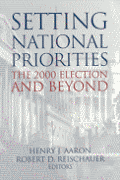

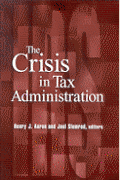


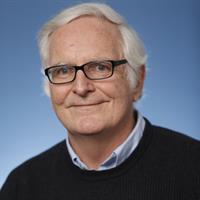


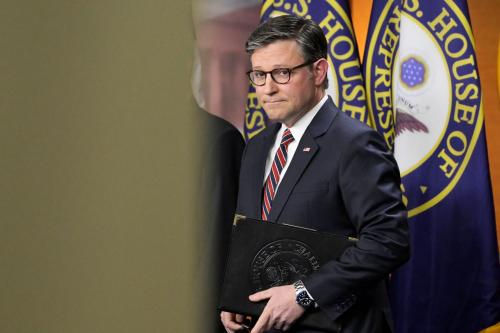
Commentary
PodcastEconomic issues in the presidential election
September 23, 2016
Listen on
Brookings Cafeteria Podcast